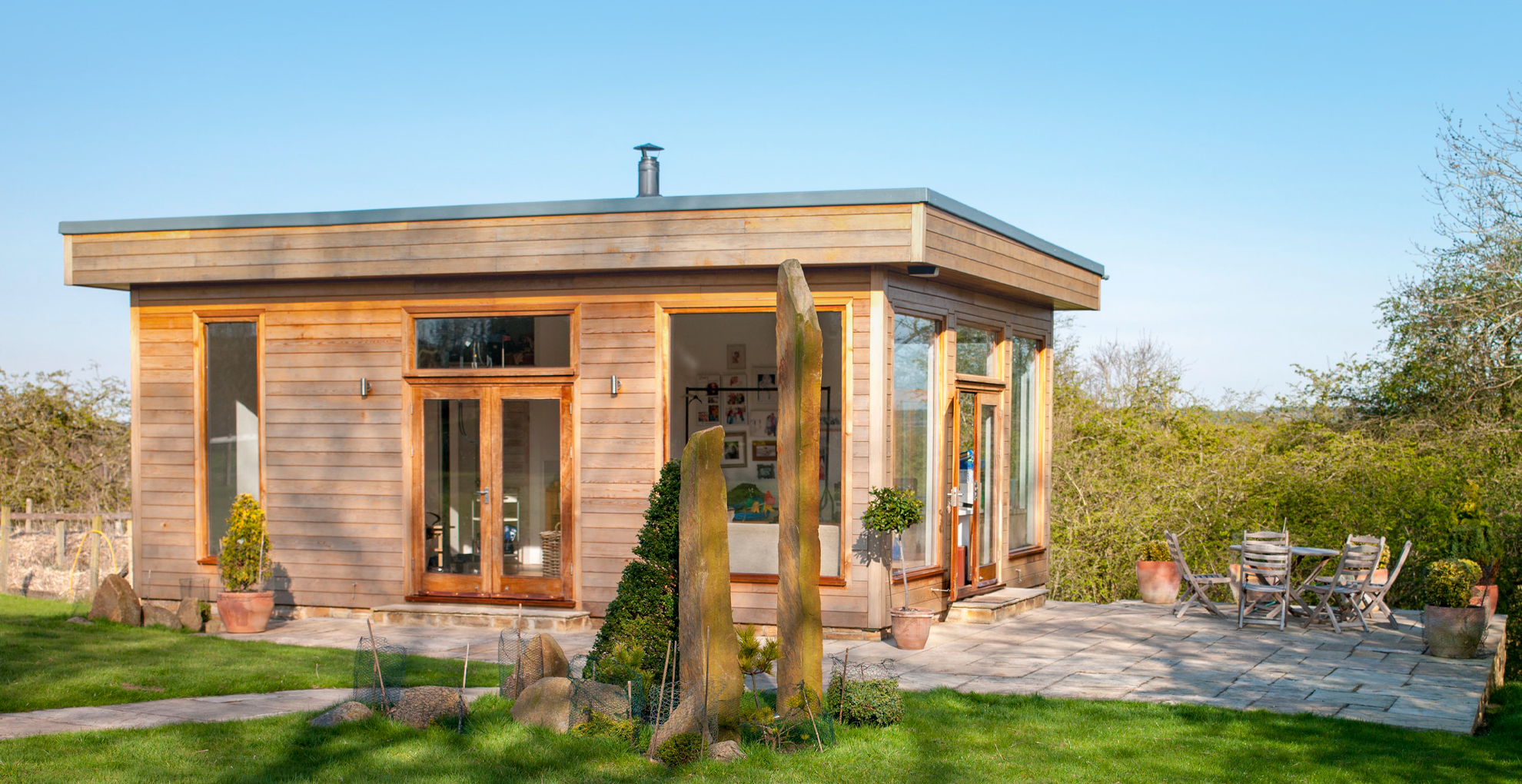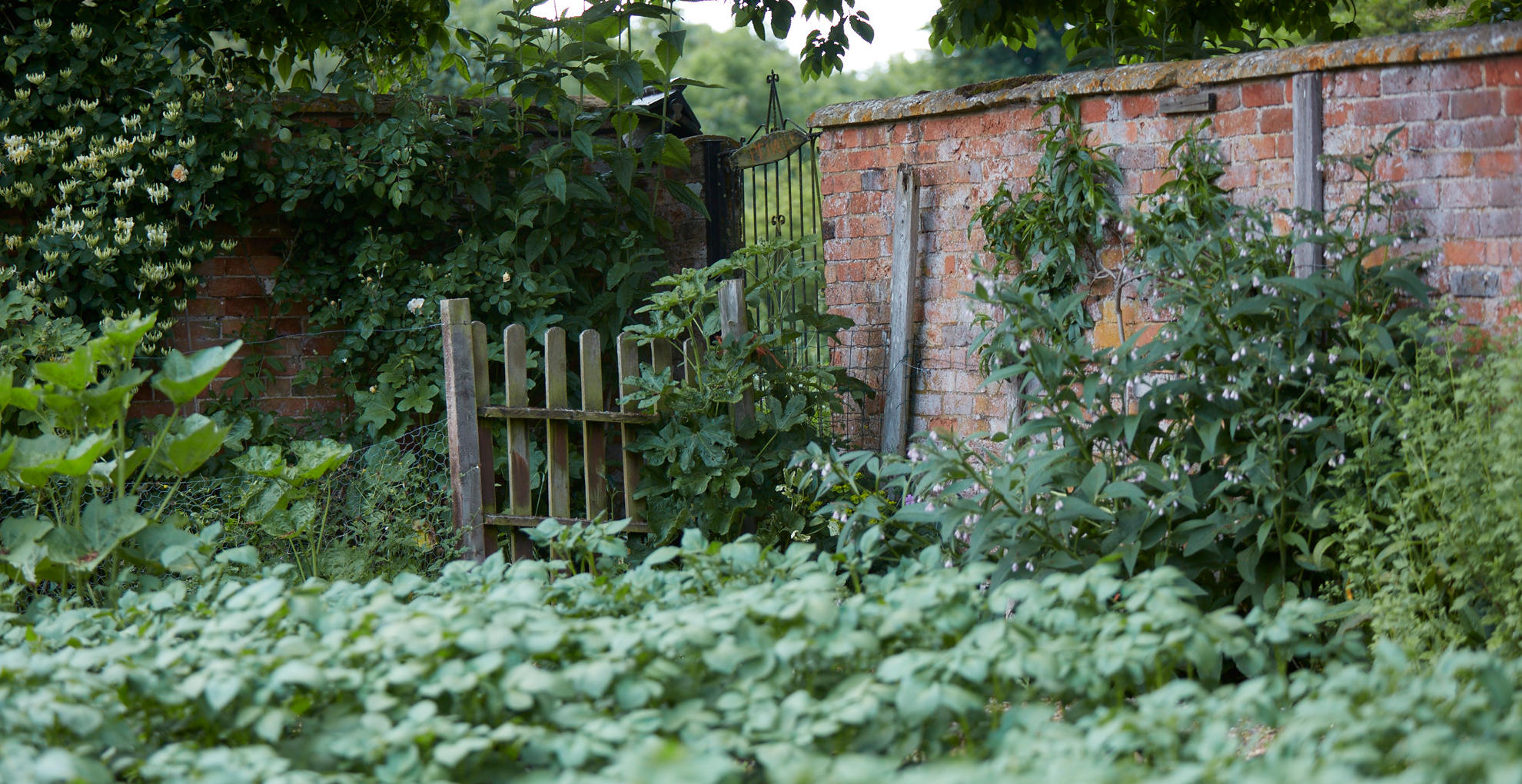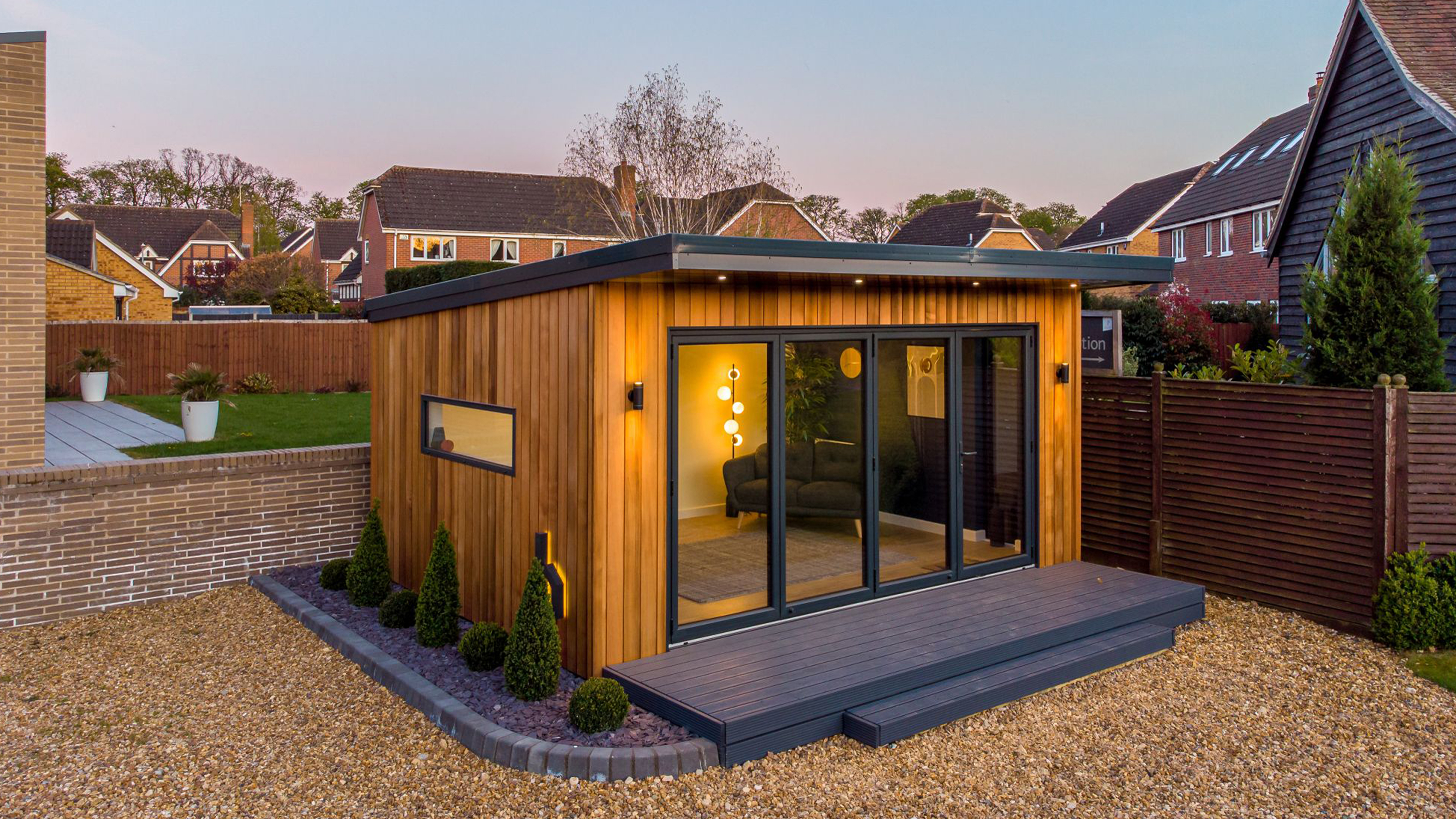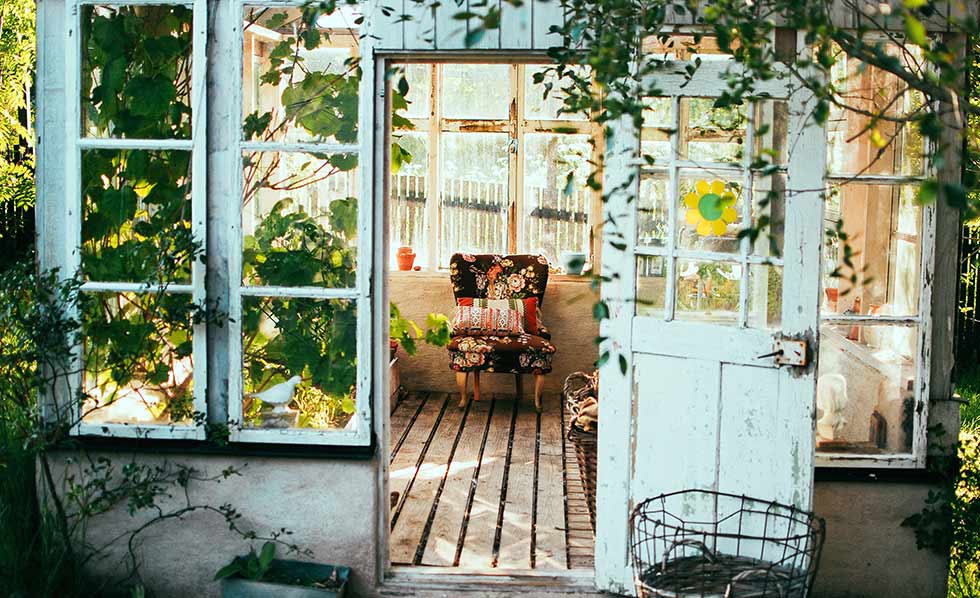
Garden buildings offer an excellent opportunity to add space without extending, and are often a more cost-effective way to increase the size of your home. However, it is important to ensure all additions are compliant with the law, or else you may have to take them down with significant cost implications.
If you do plenty of research, make sure you are familiar with all the rules, and get in touch with your local planning authority before you start, then you’ll be able to avoid wasting your time and money. The five key things to remember are:
1. Most outbuildings don’t need planning permission
Outbuildings and garden sheds are considered to be permitted development, meaning that they won’t require planning permission. However, there are various conditions that must be met. For example:
- Garden rooms must be single storey, with a maximum eaves height of 2.5m, a maximum overall height of 4m with a dual pitched roof or 3m for any other roof. If within 2m of the property boundary, the whole building should not exceed 2.5m in height.
- The building must take up no more than half the area of land around the original house (including existing outbuildings).
- Garden rooms must not be positioned forward of the principal elevation of the main house.
- They must not be used as a home.
- They shouldn’t include verandas or balconies.
- Raised platforms such as decking must be no higher than 30cm.
- Log cabins should be at least 5 metres from any building.
- There are further restrictions for garden rooms on designated land, such as conservation areas, and listed buildings (see below).
2. If you intend for your outbuilding to be lived in, you will need planning permission
In order to be classed as permitted development, a new outdoor building must not itself be separate, self-contained, living accommodation. If you intend to build it for habitable use, you will need to apply for planning permission.
3. You will also need planning permission if building around a listed home
Listed buildings are deemed to be of historic importance, and thus worth protecting. You can find out if your home is listed by searching Historic England’s national heritage database .
A house's listed status protects the property from inauthentic and inappropriate development and additions, making sure that it remains culturally and architecturally significant. This means heightened planning controls for both the building and the surrounding land.
Before building a garden room you will need to apply for Listed Building Consent; your local planning office will be able to advise you.

4. Planning constraints for a conservation area
Even if your building isn’t listed, it could be located in designated land, such as a conservation area or national park. If this is the case, your building will not be allowed to be built to the side of the principal elevation. You will also need to notify your local planning department.
Trees can also be subject to a tree preservation order, meaning that you will be unable to remove them and will need to apply for ‘tree works’ if you want to trim or cut back the tree – this can take up to six weeks.
5. Are there rules surrounding wildlife?
Discovering wildlife on your land can also pose challenges as several species including badgers and bats are protected. There are serious repercussions for disturbing protected species, for example disturbing a badger sett without permission can come with a prison sentence of up to six months and a fine of up to £5,000.
It is worth familiarising yourself on the different laws and regulations, in order to protect not only the wildlife but also your family.
Remember that if you’re doing works to your home (even constructing an outbuilding in your garden) you should check to see if you need to advise your insurance company.
About NFU Mutual:
NFU Mutual draws on over 100 years’ experience to offer NFU Mutual Bespoke home insurance for high-value properties. To find out more, and your local agency, visit NFU Mutual.
The National Farmers Union Mutual Insurance Society Limited (No. 111982). Registered in England. Registered Office: Tiddington Road, Stratford upon Avon, Warwickshire CV37 7BJ. Authorised by the Prudential Regulation Authority and regulated by the Financial Conduct Authority and the Prudential Regulation Authority. A Member of the Association of British Insurers.
Join our newsletter
Get small space home decor ideas, celeb inspiration, DIY tips and more, straight to your inbox!
Real Homes is committed to sharing the best advice on everything from renovating your home to what products to fill it with. From DIY how tos, to ideas galleries and reviews Real Homes offers knowledge and expertise to help you do what you need to do, in a way that hopefully makes the process fun and easy. Our sponsored content is not an editorial endorsement, but allows you to connect with brands to assist your home renovation journey and alerts you to products you may not have known about before.
-
 Garden rooms aren't just for summer! Use these garden room ideas to enjoy the space year-round
Garden rooms aren't just for summer! Use these garden room ideas to enjoy the space year-roundUse these gorgeous ideas from Habin to inspire your garden room design
By Sponsored Published
-
 How to stop using your shed as a dumping ground for junk
How to stop using your shed as a dumping ground for junkTry these five top tips from Clearabee to makeover your shed for summer and enter their competition to find the UK’s Messiest Shed
By Sponsored Published
-
 7 essential pieces of garden furniture for your summer party
7 essential pieces of garden furniture for your summer partyGet your garden ready for entertaining with the latest rattan outdoor furniture
By Sponsored Published
-
 Using louvres and patio roofs for sun shading
Using louvres and patio roofs for sun shadingBy Sponsored Published

